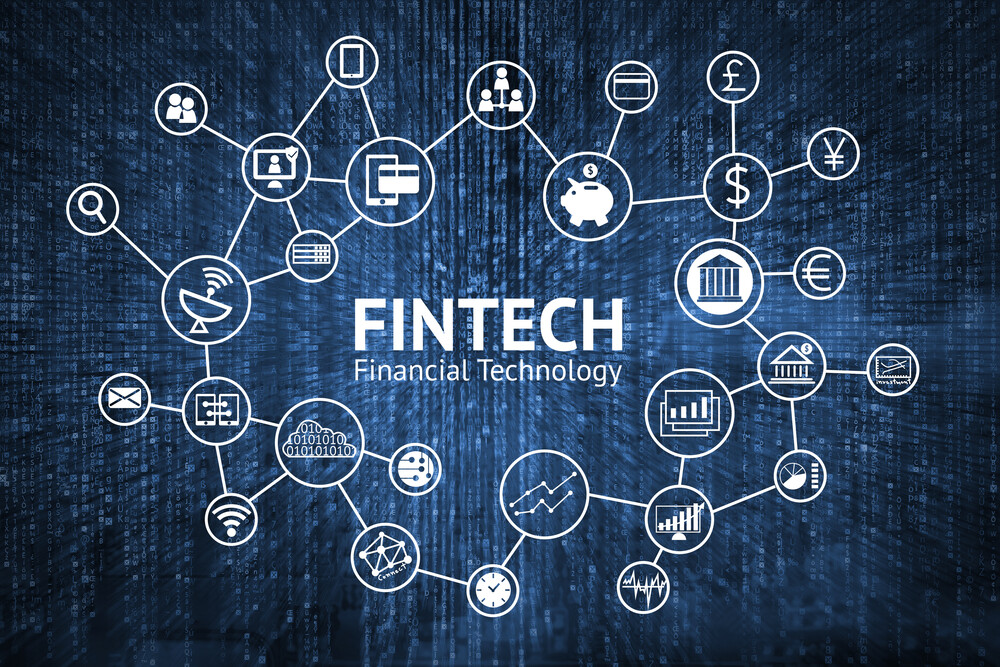The growth of the fintech market has significantly impacted various aspects of personal finance, offering both challenges and opportunities for individuals. As technology continues to revolutionize financial services, understanding the implications of this evolution is crucial for managing your money effectively. In this blog post, we’ll explore the rapid expansion of financial technology and its influence on your financial well-being.
In recent years, the proliferation of fintech solutions has dramatically changed how we interact with money. From mobile payments to robo-advisors, these innovations promise unprecedented convenience and efficiency. As we delve into the benefits and challenges this sector presents, consider how these advancements might align with your financial goals and practices.
The fintech revolution and personal finance

Fintech, short for financial technology, encompasses a broad range of applications leveraging technology to enhance financial services. This revolution is reshaping traditional banking and investment landscapes, empowering consumers with innovative tools and platforms. The growth of the fintech market is particularly evident in areas such as digital wallets, peer-to-peer lending, and blockchain technology.
The impact of these technological advancements on personal finance is profound. For many, fintech solutions mean greater access to financial services, enhanced by real-time data, and tailored financial advice powered by artificial intelligence. This democratization of financial services empowers individuals to make informed decisions and manage their finances with increased autonomy.
Access to financial services
One of the most significant impacts of the fintech boom has been the increased accessibility to financial services. Historically, traditional banking systems were often inaccessible to certain populations due to high fees, geographical limitations, or eligibility requirements. With fintech advancements, geographical and financial barriers are significantly reduced.
Mobile banking apps and digital wallets enable users to perform transactions, manage accounts, and even secure loans without stepping into a physical bank branch. This has opened up possibilities for individuals who previously lacked access, allowing them to participate more actively in the economic ecosystem. New consumer opportunities are continually emerging, including instant payment solutions and real-time financial tracking.
Empowerment through technology
The proliferation of digital financial tools is not just about increased access; it’s about empowerment. Consumers now have access to tools and information that previously required professional guidance. For instance, robo-advisors offer affordable investment management services tailored to individual risk profiles and financial goals, democratizing wealth management.
Similarly, budgeting apps and financial planning platforms provide users with greater control over their spending, savings, and investments. By using artificial intelligence and data analytics, these tools can offer insights and recommendations that are typically personalized and dynamic. Such features enable people to make informed decisions and craft financial strategies suited to their personal circumstances.
Challenges in the fintech landscape
Despite the transformative benefits, the rapid advancement of fintech also presents new challenges. The speed of innovation can sometimes outpace regulation, posing risks related to security and privacy. Fintech companies often operate in a gray area concerning data protection and regulatory compliance, which can be concerning for users.
Cybersecurity is a critical issue as fintech platforms handle sensitive financial data. Breaches and fraud instances can have significant impacts on consumer confidence and financial stability. Ensuring personal data is protected requires vigilance and understanding of the security measures fintech companies employ.
Security and privacy concerns
As fintech integrates deeper into our financial lives, concerns about data security and privacy are elevated. Since these platforms process sensitive financial information, ensuring robust security protocols is vital. Encryption technologies and multifactor authentication are among the standard measures to protect users. However, it’s crucial for consumers to remain proactive in understanding how their information is stored and shared.
Keeping track of app updates, scrutinizing privacy policies, and monitoring financial statements are essential practices for maintaining security. Moreover, users should be aware of phishing scams and fraudulent activities targeting personal financial data. Educating oneself about potential threats and remaining vigilant against suspicious activities can mitigate risks associated with fintech use.
Balancing convenience with financial discipline
While fintech innovations enhance convenience, they also require discipline to harness effectively. Instant transactions, while convenient, can contribute to impulsive spending, reducing overall financial well-being if not managed properly. Balancing this ease with mindful financial practices is crucial. To counteract potential overindulgence, it’s important to actively utilize budgeting and expense tracking features available in many fintech apps.
Ultimately, integrating fintech into one’s financial life offers remarkable potential for improving financial health. However, it demands a combination of leveraging technological benefits and developing a mindset that values informed decisions and disciplined financial habits. Embracing fintech with caution and insight can lead to greater financial empowerment and success.
